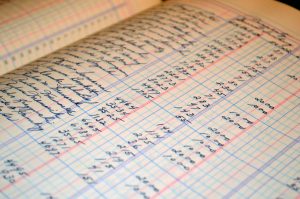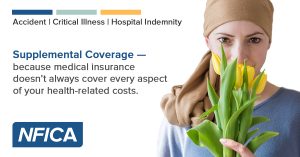WHAT TO KNOW AS A FIRST TIME TAXPAYER WHO IS SELF-EMPLOYED
Tax season can be stressful for even the seasoned taxpayer but can be incredibly daunting for the first-time taxpayer who is self-employed. Even the smallest oversight can cost you hundreds of dollars in taxes.
We interviewed Danny Dickerson, JD, and CPA, who has over 20+ years in the tax preparation business. Danny will shed some light on the intricacies of filing taxes as a self-starter and help you get the most out of your tax return.
What actions can you take all year long to prepare for your taxes as someone self-employed, a freelancer, or an independent contractor?
Probably the most important action you can take as a new self-employed business person is to clearly keep track of what you earn, what you spend, and what you spent it for. 
The easiest way to do this is with one account that everything goes into and out of. It can be a paper check ledger or an online account. The trick is to write down a good description of each item. That way, whether you do your own accounting, or you hire someone to help, the description will help you remember what things are several months down the road. Most accountants can figure out what to do with an income item or an expense from detailed descriptions.
What mistakes do you see first-time self-employed taxpayers make?
Getting financial advice from friends or online instead of investing an hour with a CPA or an attorney. They will listen to your story, ask questions, and likely discuss a couple of choices. All choices have consequences. They can help you think through and talk through the risks and rewards of alternatives. One that I see a lot is “you have to have an LLC”. Sometimes that’s true. Sometimes it creates situations where that may not have been the best choice. It is a little like the mechanic who says “you can pay me a little now, or a lot more later.”
What are some items people think they can write-off but they can’t?
The most frequent non-deductible expense I see is clothing. It’s very seldom deductible if you could wear it for anything other than work.  Another is car mileage and actual expenses. We can do one or the other but not both. A third is restaurants. There are very specific guidelines on whether that’s deductible.
Another is car mileage and actual expenses. We can do one or the other but not both. A third is restaurants. There are very specific guidelines on whether that’s deductible.
Is there a rule of thumb to follow?
The best self-employed rule of thumb is “taxes will cost you one-third of every dollar you make.” It’s not always true, but it’s easy to remember. Then you can be pleasantly surprised if it costs less.” But taxes are like recipes: all ingredients work together. Change one ingredient and the whole mix changes. Congress passes different laws at different times, and they don’t always work and play well together. So you have to consider the total picture when you consider quarterly estimated payments.
Join NFICA for $5 a year
Join our community of 15,000 independent contractors, small business owners, freelancers, and direct sellers who are experiencing the benefits of belonging to the  NFICA. As a member, you’ll gain access to discounts on industry-leading traditional and virtual business tools, the security of supplemental health and life insurance priced competitively to other market options, work-life balance with discounts on lifestyle apps and services, and a quarterly newsletter with tips on improving your business and your life.
NFICA. As a member, you’ll gain access to discounts on industry-leading traditional and virtual business tools, the security of supplemental health and life insurance priced competitively to other market options, work-life balance with discounts on lifestyle apps and services, and a quarterly newsletter with tips on improving your business and your life.